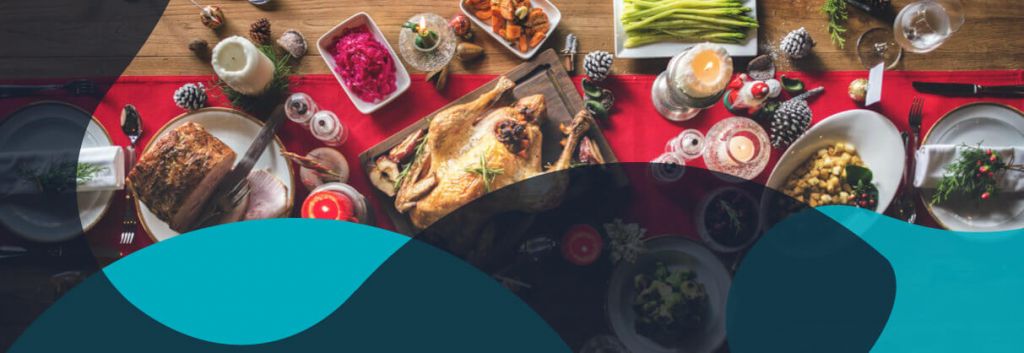Turkey, roast potatoes, gravy, pigs in blankets… For me, food is an essential part of Christmas. But, biotechs are working on approaches that in the next few years could change the food that we’re scarfing down.
With the big day not far away, many of our minds will have crept ahead to Christmas dinner. On the day, its preparation is often chaotic but fun and a chance for families to come together. But in the lead up to Christmas, food production goes into overdrive to make sure that we are not short of Brussel sprouts to leave untouched on the side of our plates.
It’s no secret that current farming practices are not sustainable, and this is where biotech comes in. ‘Yellow’ biotechnology uses biological processes to improve food and nutrition and to control pests. Companies like Mosa Meats and Perfect Day are focused on reducing the farming of animals and the issues that come with it, including animal cruelty and global warming, as well as developing sustainable ways to overcome world hunger.
Although the field is relatively young, biotech is moving fast and before you know it, you could be eating lab-grown turkey and drinking grape-free wine!
Here is the lowdown on the different ways that biotech could be changing the food on our plates in the coming years.
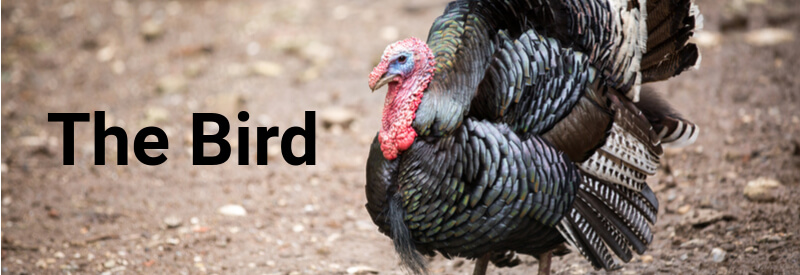
At home in the UK, we always have turkey, but others may go for goose or even gammon. The biotech industry is well aware of the concerns over the farming of animals, so it is searching for more animal- and environmentally-friendly alternatives.
Europe’s leading company in the field is Mosa Meat, which produced the first lab-grown beef burger back in 2013. Cultured meat is animal-free and identical to what’s in the supermarkets. However, it has the potential to overcome major global problems like world hunger and global warming.
Mark Post, Co-Founder and CSO at Mosa Meat, doesn’t think it will be long before we see his companies burgers on supermarket shelves: “We now have an investor lined up from the food industry. We estimate it will take 3-4 years to get hamburgers to the market.” The final step is to make lab-grown meat affordable, and a lot of progress has been made here already, with Post predicting the burgers will cost £10-11 (€11-12) – down from €300,000 in 2013.
With beef ticked off, why not treat yourself to some turkey nuggets in the spirit of Christmas! A research project at the College of Agriculture and Life Sciences at North Carolina State University is developing chicken and turkey meat in the lab. Graduate student Marie Gibbons created a “nugget” of cultured turkey muscle, and the group now hopes to develop a source of avian cells for food production.

Isreali biotech, SuperMeats, and US company, Memphis Meats, are working on cultured chicken meat. The latter has produced a chicken nugget from artificial meat, which apparently tasted like the real thing. The world-leader in the field hopes to have its cell-cultured sausages in shops within 5 years – opening the door for meat-free pigs in blankets!
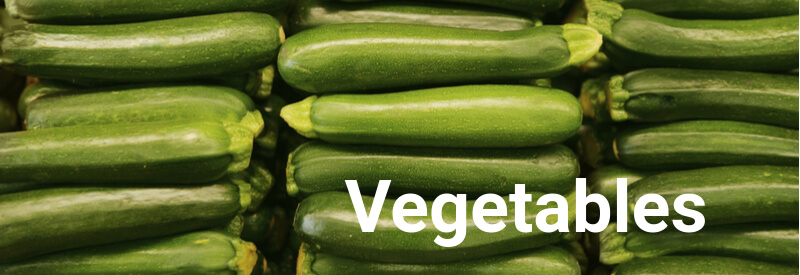
French biotech Cellectis rose to fame for the development of TALEN, a gene editing tool that the company hopes to use for the treatment of cancer. But Cellectis’ subsidiary Calyxt has used the technology to develop healthier food. So far, the technology has been used for soybeans and potatoes, which were tested during a meal in New York last year that served dishes including tofu and soy burgers, hummus soy, oven-baked potato pie and soy with marinated fish and caviar.
But aren’t vegetables healthy enough already? Not quite. Calyxt’s gene-edited potatoes have had an enzyme removed that would degrade starch. This prevents the formation of carcinogenic acrylamide during cooking – and it also increases yield by 15%. In addition, as a gene from another species has not been added, they are not considered genetically modified. Now, your potatoes are even healthier, you can coat them in fat and roast them guilt-free!
Although they won’t be joining us at the table, Oxitec has developed genetically engineered diamondback moths to combat crop losses. The pest, which quickly develops resistance to insecticides, causes over $4B (€3.4B) in damages each year, with cabbage, broccoli, cauliflower, and kale affected. Bringing the moth under control will make sure that we can still enjoy our greens come Christmas Day.
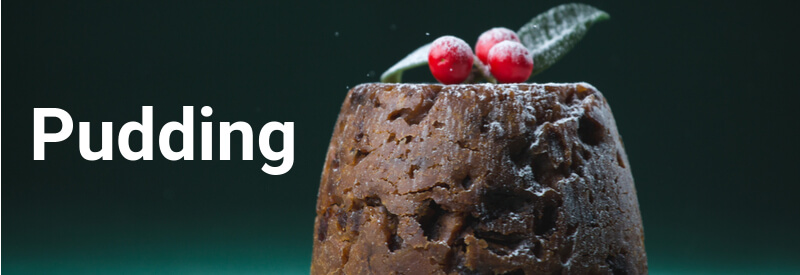
Despite its importance to many desserts, many people avoid milk and dairy out of necessity, with lactose intolerance affecting around 65% of the population. Others are unhappy with the treatment of animals by the industry, which sees cows artificially inseminated each year to force the production of milk.
But what do you do since Christmas pudding and mince pies aren’t not the same without a dollop of cream on top? Come to think of it, your pavlova might be missing something pretty important too.
Perfect Day, previously Muufri, has secured over $2M (€1.7M) from investors, including $30,000 (€25,000) and free lab space from RebelBio, to develop cow-less milk. The biotech‘s approach is simple; it produces all of the individual components of milk using bioengineered yeast and then mixes them together. Perfect Day hopes to have a product on the market by the end of 2017. With cow-free milk close, more products, including cream, ice cream, and yogurt may not be far behind.
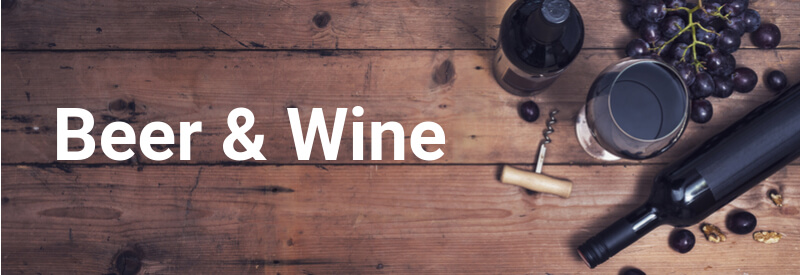
Christmas is the time to eat, drink and be merry. For many, a nice glass of wine or a cold beer rounds out a successful Christmas meal.
Ava Winery is creating cheap, sustainable and customizable wine without grapes, yeast or fermentation. The company looks closely at the molecules that are responsible for the different tastes, smells and colours, recreating them without the need for grapes. This new technology saves time and money, creating a product using 50-100 times less water and no pesticides. During a tasting, 90% of people couldn’t tell Ava’s wine apart from traditional wine, and the company is now developing its first product for the market.
And what if you could avoid the Boxing Day hangover? British neuroscientist, David Nutt, believes that he might have developed a synthetic alcohol, or ‘alcosynth’, which allows people to enjoy the sociable effects but without nausea and a headache. Nutt’s group have found compounds that interact with the brain like alcohol, giving rise to the same social effects, but without the toxicity that kills over 3 million people each year. Although it’s far from the clinic, two of these are currently undergoing extensive testing and Nutt hopes that alcosynth could replace alcohol by 2050.
Although some of these ideas seem a bit strange, farming and food production has a series impact on our planet. With biotech moving fast, perhaps we will see biotech developing more and more products that find their way into our Christmas dinners.




